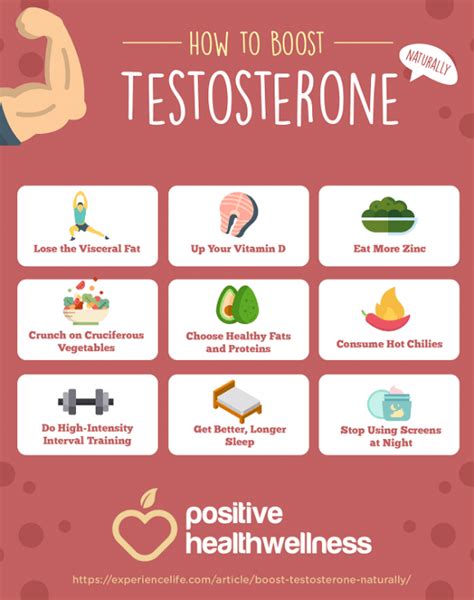How to Raise Testosterone Naturally: A Comprehensive Guide
Low testosterone can significantly impact your physical and mental well-being. Feeling tired, experiencing decreased libido, or noticing changes in muscle mass? You might be wondering how to raise testosterone levels naturally. This comprehensive guide explores effective strategies to boost your T-levels without relying on potentially harmful medications.
Understanding Testosterone and Its Importance
Testosterone is a crucial hormone responsible for various bodily functions, including:
- Muscle growth and strength: Testosterone plays a vital role in building and maintaining muscle mass.
- Bone density: It contributes to strong bones and helps prevent osteoporosis.
- Red blood cell production: Adequate testosterone supports healthy red blood cell counts.
- Libido and sexual function: Testosterone is essential for a healthy sex drive and sexual performance.
- Mood and energy levels: It influences mood, energy, and overall sense of well-being.
Low testosterone, or hypogonadism, can lead to a range of symptoms, impacting your physical health and quality of life.
Natural Ways to Increase Testosterone Levels
While medical intervention might be necessary in some cases, many lifestyle changes can significantly impact your testosterone levels naturally. Here are some effective strategies:
1. Optimize Your Diet
What to Eat:
- Healthy Fats: Incorporate foods rich in healthy fats like avocados, nuts, seeds, and olive oil. These fats are crucial for testosterone production.
- Lean Protein: Consume plenty of lean protein sources like chicken, fish, and beans to support muscle growth and testosterone levels.
- Zinc-Rich Foods: Zinc is essential for testosterone production. Include oysters, red meat, and pumpkin seeds in your diet.
- Magnesium-Rich Foods: Magnesium is another vital mineral for testosterone production. Good sources include spinach, almonds, and dark chocolate.
- Vitamin D: Vitamin D plays a crucial role in testosterone synthesis. Get sufficient sunlight exposure or consider supplementation.
What to Avoid:
- Processed Foods: Limit your intake of processed foods, sugary drinks, and unhealthy fats. These can negatively impact hormone balance.
- Soy Products: While not universally agreed upon, some studies suggest excessive soy consumption may interfere with testosterone production. Moderation is key.
2. Prioritize Exercise and Strength Training
Regular exercise, especially strength training, is crucial for boosting testosterone. Focus on compound exercises like squats, deadlifts, bench presses, and overhead presses. Aim for 2-3 strength training sessions per week. Incorporating cardiovascular exercise like running or swimming can also be beneficial.
3. Get Enough Sleep
Sleep deprivation significantly impacts hormone production, including testosterone. Aim for 7-9 hours of quality sleep each night. Establish a consistent sleep schedule and create a relaxing bedtime routine.
4. Manage Stress
Chronic stress can lower testosterone levels. Practice stress-management techniques like yoga, meditation, or deep breathing exercises. Ensure you have healthy coping mechanisms to deal with daily stressors.
5. Consider Supplements (Consult a Doctor First)
Some supplements are associated with increased testosterone levels, including:
- D-Aspartic Acid (D-AA): Some studies suggest D-AA may stimulate testosterone production.
- Fenugreek: This herb has shown promise in boosting testosterone in some studies.
- Ashwagandha: This adaptogen can help reduce stress and potentially improve testosterone levels.
Important Note: Before starting any supplement, consult your doctor. Supplements are not regulated in the same way as medications and can interact with other medications or have potential side effects.
6. Maintain a Healthy Weight
Obesity is linked to lower testosterone levels. Maintaining a healthy weight through diet and exercise is crucial for optimal testosterone production.
When to See a Doctor
If you suspect you have low testosterone, it's crucial to consult a doctor. They can perform blood tests to determine your testosterone levels and discuss appropriate treatment options, which might include testosterone replacement therapy (TRT) in specific cases. This guide is for informational purposes only and does not constitute medical advice.
By implementing these strategies, you can take proactive steps toward naturally increasing your testosterone levels and improving your overall health and well-being. Remember that consistency is key; sustainable lifestyle changes will yield the best long-term results.
